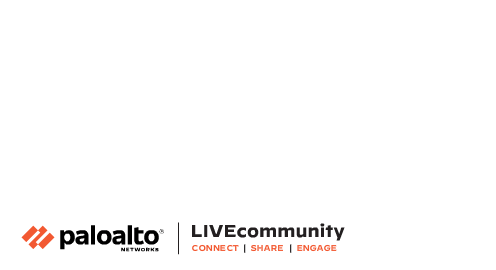
- Access exclusive content
- Connect with peers
- Share your expertise
- Find support resources
From time to time, posts circulate that raise concerns about SSL/TLS decryption and the handling of logs in cloud-delivered security services. While healthy skepticism is important in cybersecurity, some of these narratives mix valid technical points with misleading claims — creating more fear, uncertainty, and doubt (FUD) than clarity.
Let's break down the key issues and demonstrate how Prisma Access effectively addresses each one.
Today, more than 90% of internet traffic is encrypted. While encryption is critical for privacy, it also hides threats. To detect and prevent malware, phishing, data exfiltration, and compliance violations, enterprises require visibility into encrypted traffic.
That’s why decryption is a standard function in Secure Service Edge (SSE) platforms like Prisma Access.
Without SSL decryption, these protections are severely limited.
One critique is that decrypting traffic introduces a single point of failure: if decryption keys were compromised, it could expose sensitive data. This is a valid consideration — and one that Prisma Access mitigates with rigorous controls:
Another point of concern is whether customer traffic logs are “repurposed for AI training.” Here’s what Prisma Access does:
Simply put: customer log data is used to protect the customer environment, not to fuel generic AI systems.
Beyond internal policies, external oversight matters. Certifications and compliance frameworks supported by Prisma Access — including SOC 2, GDPR, CCPA, and HIPAA — provide independent assurance that customer data is handled responsibly.
Decrypting SSL traffic and analyzing logs are necessary to deliver modern, cloud-based security. But necessary doesn’t mean careless. With proper safeguards, enterprises gain the protection they need without sacrificing privacy or control.
You must be a registered user to add a comment. If you've already registered, sign in. Otherwise, register and sign in.
| Subject | Likes |
|---|---|
| 3 Likes | |
| 2 Likes | |
| 1 Like | |
| 1 Like | |
| 1 Like |




